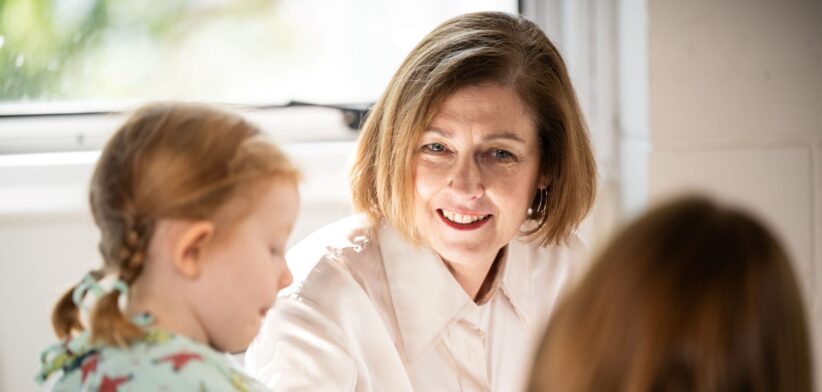A researcher’s award-winning methods to improve outcomes for child burn victims were based on her willingness to listen.
Professor Zephanie Tyack, internationally recognised for pioneering burns treatment for children, said the stories of young burns patients have transformative powers.
Professor Tyack said much could be learned by listening to those with lived experience and learning what is important to them.
“Stories have an important role in burn recovery as well as other healthcare because they motivate people and teams and drive change,’’ she said.
Ten years ago, the QUT-based professor developed questionnaires to measure quality of life of children impacted by burns, and their families, that could be filled out before seeing a clinician.
She then went on to develop a digital system to graph changes in scar symptoms like itch and pain, concerns about appearance, and patient and family priorities in real-time.
“This information can be invaluable to therapists as well as patients, particularly if a patient knows their responses will be looked at by a trusted health professional and responded to sensitively,’’ Professor Tyack said.
“We discovered things from conversations with families that we wouldn’t have otherwise known.
“For example, some parents had to stop buying their child’s medication to afford visits to the city for a hospital appointment. Once the treating clinician knew this, they were able to find a solution using telehealth so families could still afford the medication.”
Listening also helped identify improved treatment and pain-relief options.
Professor Tyack said an example was child recovering from a severe burn who stopped doing their exercises designed to aid movement of their scarred area, because they experienced terrible painful tightness when stretching.
“We learnt about other sensations and things we didn’t know about, such as shooting pains in their legs when going downstairs, and scars impacting on the ability to concentrate.”
Professor Tyack said she explored pain relief for young burns patients during procedures through hypnosis techniques.
“Some hypnotic principles are already in use in distraction methods like virtual reality headsets, talking or visualisation techniques, or music to guide and engage children,’’ she said.
“But we are evaluating the use of hypnotherapy more formally to reduce pain and distress.”
In her burns research, Professor Tyack has worked with Australian and international teams to improve the management of scarring after burn injuries, with her work recognised by an award from the American Burns Association in 2023.
Read an in-depth profile on Professor Tyack in our People section.








